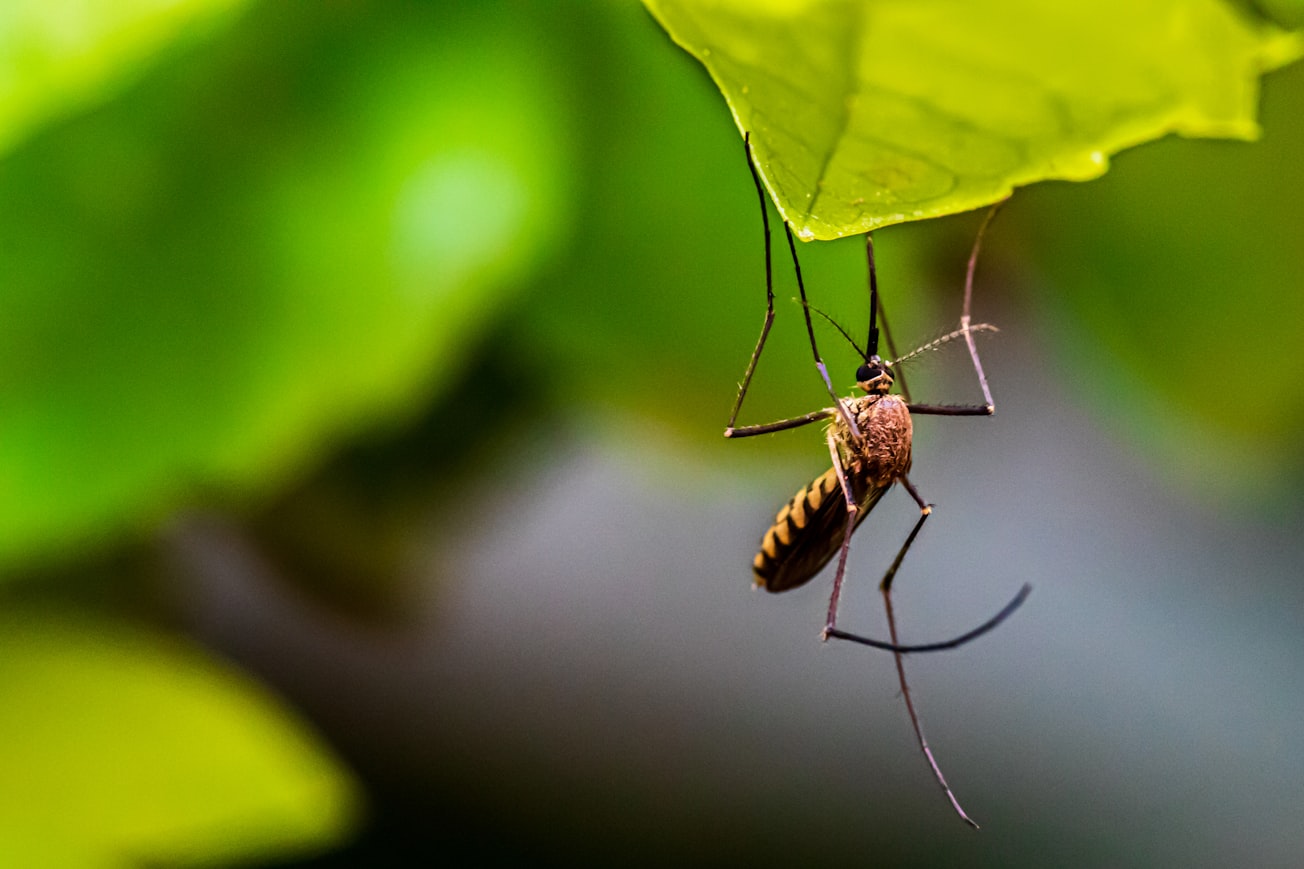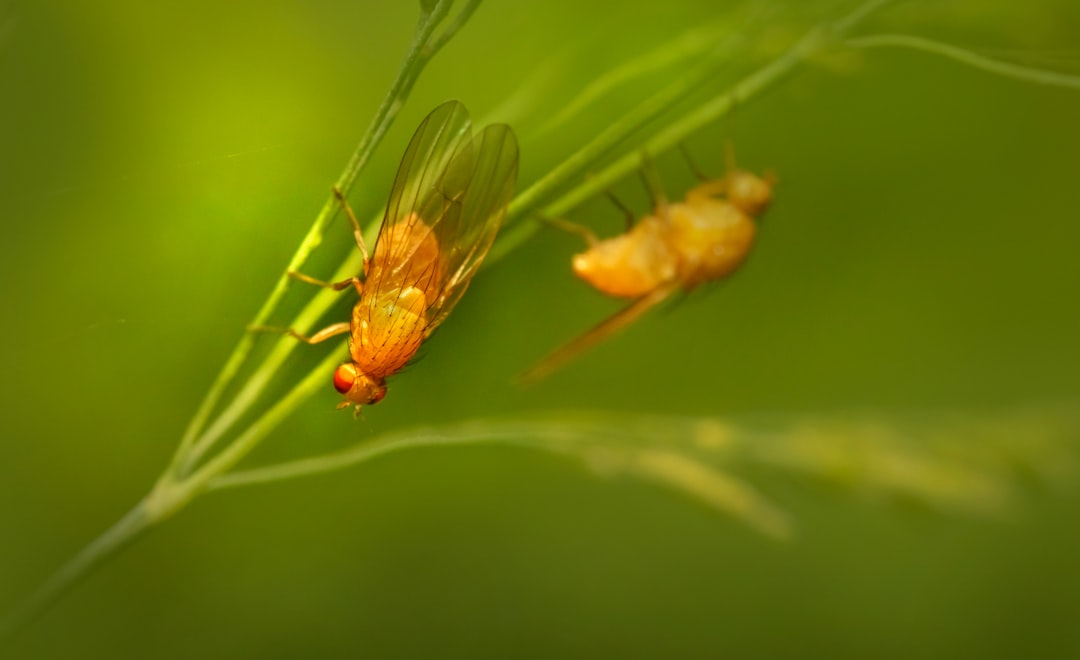What is it about?
Ammonia is relatively toxic to animals, but animals produce ammonia when they digest proteins. Ammonia channels in cells of animals work to regulate and remove ammonia. These channels are found in all domains of life (plants, bacteria, animals), and in animals, these channels are usually present in organs involved in digestion and excretion. We show that sperm of disease vectoring mosquitoes have an ammonia channel which is important for sperm survival and the ability to fertilize eggs, which may be a feature that could be exploited for mosquito control. Since sperm have high metabolic activity, the need to rid themselves of toxic ammonia that they produce may be a general feature in sperm of all animals, not just mosquitoes.
Featured Image

Photo by Syed Ali on Unsplash
Why is it important?
This is the first time that an ammonia channel has been shown in sperm which is present throughout all stages of sperm development which may be a general feature in animals. The ammonia channel in sperm is required to keep sperm alive and able to fertilize eggs.
Perspectives
This was an unexpected finding and offers a new realm of unconventional roles for this group of ammonia channels, including reproduction.
Andrea Durant
York University
Read the Original
This page is a summary of: Ammonium transporter expression in sperm of the disease vector
Aedes aegypti
mosquito influences male fertility, Proceedings of the National Academy of Sciences, November 2020, Proceedings of the National Academy of Sciences,
DOI: 10.1073/pnas.2011648117.
You can read the full text:
Contributors
The following have contributed to this page










